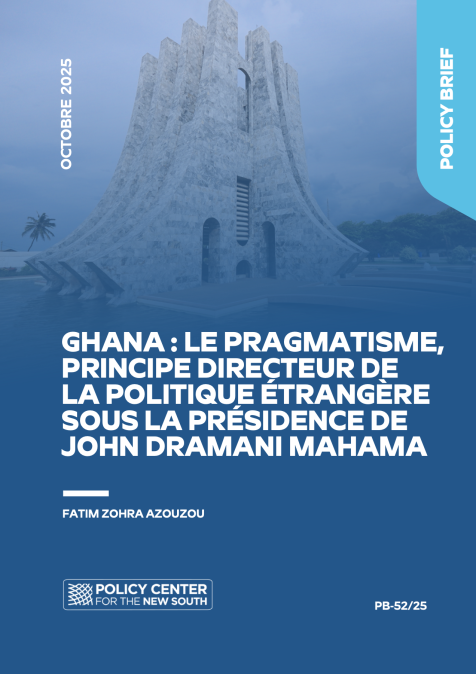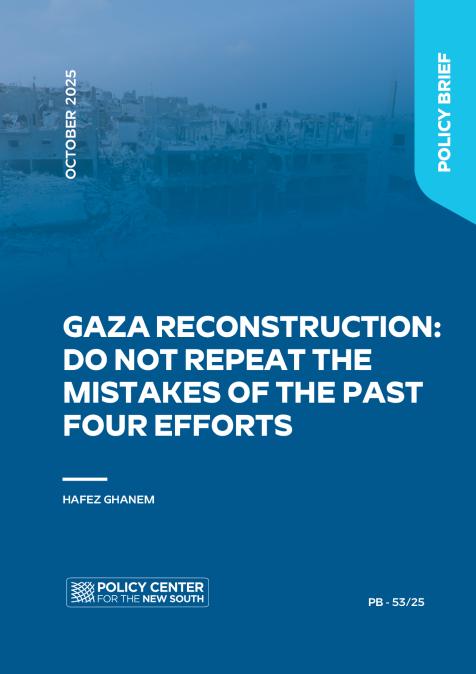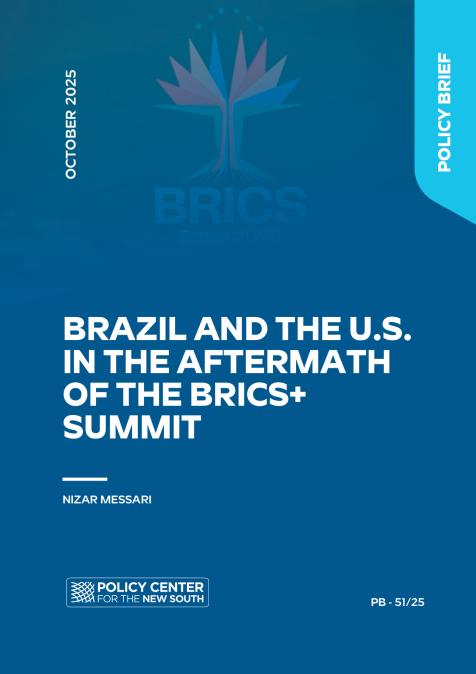Helmut Sorge in conversation with Amal El Ouassif on Migration and The Brain Drain
July 9, 2021
Helmut Sorge in conversation with Amal El Ouassif on Migration and The Brain Drain
Speakers

Helyette Geman
Senior Fellow
Helyette Geman is Senior Fellow at the Policy Center for the New South, Director of the Commodity Finance Center at Birkbeck, University of London, and a Research Professor at the Johns Hopkins University, who focuses on Probability, Commodities and Finance. She was Chairman of the Finance Department at ESSEC Business School from 1988 to 1995, and the Director of Dauphine Master 203 at the University of Paris Dauphine from 1995 to 2005.
Helyette Geman is a Graduate from Ecole Normale Supérieure in Mathematics and holds a PhD in Probability and a PhD in Finance. She worked as a scientific expert for EDF Trading, Louis Dreyfus, BMP Billiton, Bunge Invivo and financial institutions. Her book “Commodities and Commodity Derivatives” published in 2005 by Wiley Finance has become th ...

Amal El Ouassif
Senior International Relations Specialist
Amal El Ouassif is a Senior International Relations Specialist at the Policy Center for the New South (PCNS).She is also a PhD candidate in Forced Displacement Induced by Climate Change at University Mohammed VI Polytechnic (UM6P) and CNAM-Paris and a member of the IDRC-FGSES Chair of UM6P on Forced Displacement Studies.At the PCNS, Amal El Ouassif conducts research on topics including migration, forced displacement, and Euro-Mediterranean cooperation.Before joining PCNS in 2018, she worked as a program coordinator at the Westminster Foundation for Democracy and served as a consultant in development policies with the office of the Deutsche Gesellschaft für Internationale Zusammenarbeit (GIZ) in Morocco.She is also a former bluebook trainee in the Directorate General ...










